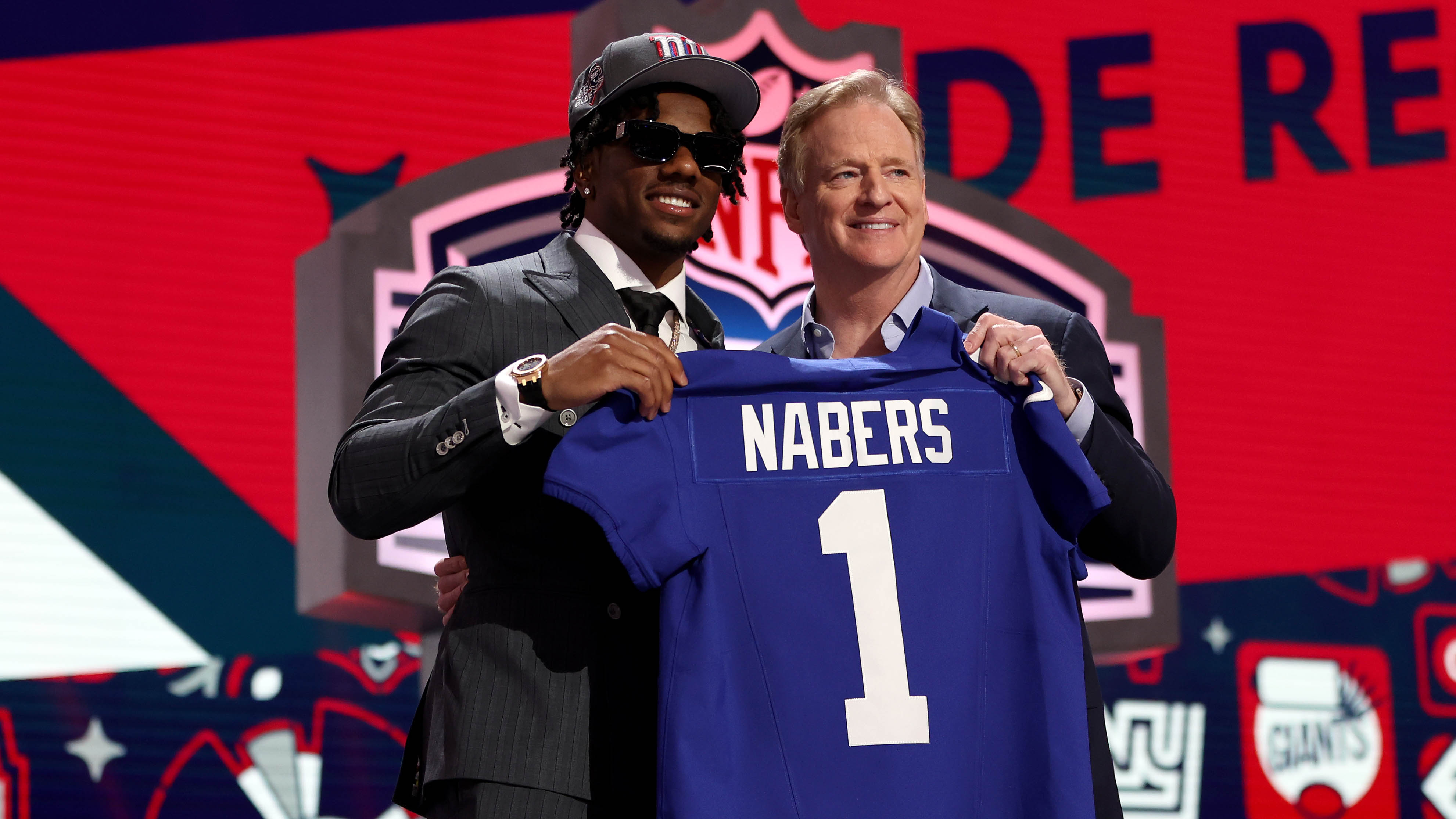What to Know
- The NYPD said it doesn't support repealing 50-a but certain documents should be released in serious misconduct cases
- Repeal supporters argue the law protects officers with past misconduct from public accountability
- Police unions staunchly oppose the proposed repeal. They say the release of disciplinary records could jeopardize officers' safety
The nation's largest police department stopped short of endorsing the full repeal of a New York state law used to keep the police disciplinary records secret Thursday, but said certain documents should be released in serious misconduct cases.
Assistant Deputy Commissioner Oleg Chernyavsky said the New York Police Department supports an amendment to the law that allows the release of a complaint in a serious misconduct case, along with any written opinion and penalty, among other records.
He also said those records have previously been shielded from the public under the current law.
Repeal supporters argue the law, called 50-a, protects officers with past misconduct from public accountability and prevents the release of basic information, such as what past discipline an officer has received.
Chernyavsky argued against a full repeal of the records law and said minor misconduct, such as a uniform infraction, should still remain private.
"By amending rather than repealing the law, we can create a balance between officer safety, accountability and transparency," he said at a public hearing in Albany on the legislation.
The NYPD did not testify at a hearing on the bill last week, even though they were scheduled to speak.
The law applies to correctional officers and firefighters as well.
Mothers whose sons have died in encounters with police officers urged legislators to pass the repeal proposal.
"I need you to understand that 50-a is harming me and my family," said Gwen Carr , the mother of Eric Garner . Her son's 2014 chokehold death became a national rallying cry against police brutality.
Civilian Complaint Review Board Chairman Fred Davie told lawmakers he personally supports a full repeal of the law, but could not speak for the entire board. Later on, he said the majority of the board is interested in some sort of change to the law.
Police unions staunchly oppose the proposed repeal. They say the release of disciplinary records could jeopardize officers' safety.
Local
New York City's Police Benevolent Association President Patrick Lynch sharply criticized arguments for the proposal in a written statement to the legislative committee, saying that names and precincts could be used to find where officers and their families live.
"To suggest that police officers will be safe so long as their addresses are kept confidential is both naive and irresponsible," he said.
The decades-old law was put in to prevent defense attorneys from subjecting officers to harassing cross-examinations with irrelevant information in their personnel file, according to a 2018 report from the state's Committee on Open Government. The committee has pushed for the law's repeal or revision for years.
___
Ryan Tarinelli is a corps member for Report for America, a nonprofit organization that supports local news coverage in a partnership with The Associated Press for New York. The AP is solely responsible for all content.



